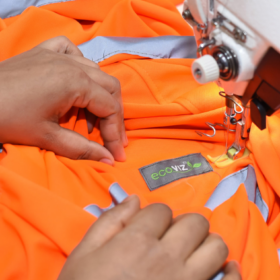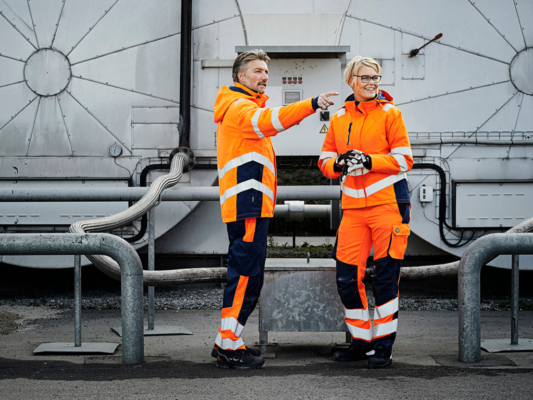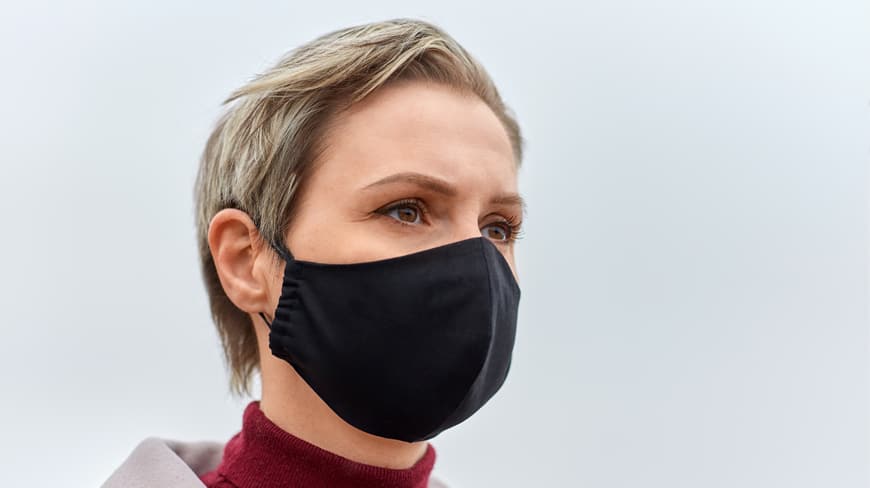No products in the basket.
PPE, Respiratory Protection
Are Fabric Face Coverings PPE?
Face Masks and PPE – the new hot topic of 2020.
Prior to the Coronavirus pandemic many people had never heard of the term PPE or understood what it meant – Personal Protective Equipment.
Over the past few months there has been a significant increase in the number of businesses selling PPE or what they claim to be PPE. This is worrying for many established PPE suppliers who have invested a lot of time and money in to sourcing and educating themselves on the appropriate Personal Protective Equipment required for certain job roles.
The UK Government has advised that face coverings must be worn in shops in England from Friday 24th July to reduce the spread of COVID-19. Failure to do so may result in a fine up to £100. Many people are now advertising these products as PPE which is incorrect as they are not regulated by either the Health and Safety Executive (HSE) or the Medicines and Healthcare Products Regulatory Agency (MHRA). Face coverings sold in the UK will be regulated under the existing General Product Safety Regulations 2005.
Reusable face coverings and disposable civilian masks are designed to protect others rather than the individual who is wearing the mask. COVID-19 can be spread by droplets from coughs, sneezes and talking which can also land on surfaces that we touch and then touch our face. With social distancing and regular hand washing part of the “new normal,” face coverings are an additional measure to combat the spread of COVID-19.
The BSIF have released this important information:
“On July 15 the Government updated its guidance on how to make a face covering at home, the guidance simply advises that you will need 2 or 3, 25cm by 25cm squares of cotton fabric for the body of the face covering and 2, 20cm pieces of elastic (string or cloth strips) for ear loop fixings. This guidance makes no attempt to specify the performance or filtration characteristics of the face covering.
The previous day the Government published broader guidance on face coverings explaining what they were, the reason for their necessity, how and when to wear one, including the listing of exemptions, use while at work and responsibilities for those involved in buying and selling product, as well as maintenance and disposal information. Full details are available through this link.
In this document it is made clear that there are no specified product performance standards required in the UK but importantly it referenced the French AFNOR standard S76-001 for “Barrier Masks” and the CEN Technical Specification CWA 17553 (available through link on page 7 of the above guidance) both of which have a range of requirements on dimensions, components, markings and importantly performance criteria for filtration efficiency, breathing resistance and suggested test methods.
British Standards Institute (BSI) are aligning to these standards which means that the BSI Kitemark can and will be applied to products which successfully submit for assessment.”
Returning to life after lockdown and navigating the new normal can feel daunting. If you need a face covering to visit a shop or attend an appointment, a reusable mask will often be a perfectly adequate choice. If you need PPE or RPE (Respiratory Protective Equipment) please purchase these products from a trusted and registered safety supplier who can provide you with the correct products for your job role and the required certification.
Clad Safety have been a trusted supplier of Workwear and PPE for over 30 years. If you have any questions surrounding the new Government guidance or to discuss the legitimacy of a product, please do get in touch.




